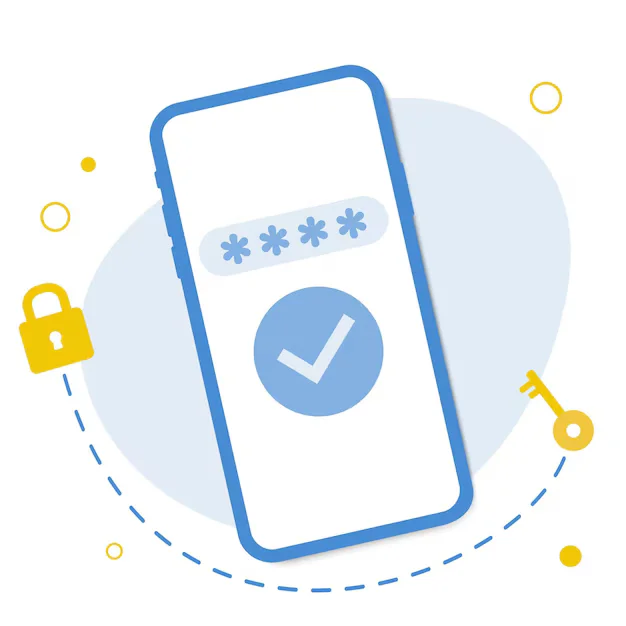
A multi-agent system (MAS) is a computational system composed of multiple interacting autonomous agents working together to achieve a common goal or set of goals. These agents can be computer programs, human users, or even physical robots, and they operate independently while also interacting with each other and the environment.
Autonomous Agents:
Each agent in a MAS acts independently, perceiving and interpreting the environment, making decisions, and taking actions to fulfill its goals.
Collaboration:
Agents in a MAS collaborate to achieve a collective goal, often by leveraging their specialized skills and communicating with each other.
Shared Environment:
Agents operate within a shared environment, which can be physical or virtual, and interact with each other and the environment to achieve their goals.
Complex Problem Solving:
Multi-agent systems are well-suited for solving problems that are too complex or decentralized for a single agent to handle effectively.
Applications:
MAS find applications in various domains, including robotics, transportation, healthcare, financial systems, and more.
For example, in healthcare, MAS can be used to coordinate patient care by having different agents responsible for different aspects of care, such as managing medication, monitoring patient data, or communicating with other healthcare providers. In transportation, MAS can be used to optimize traffic flow by having different agents manage traffic lights, monitor traffic conditions, and guide vehicles.



